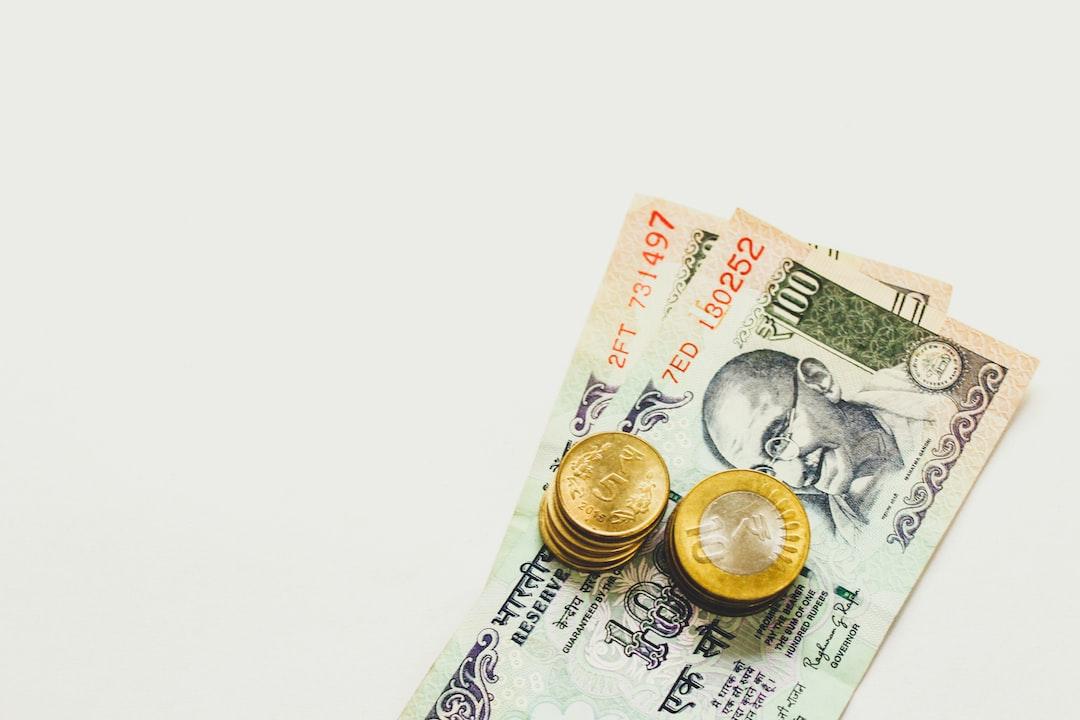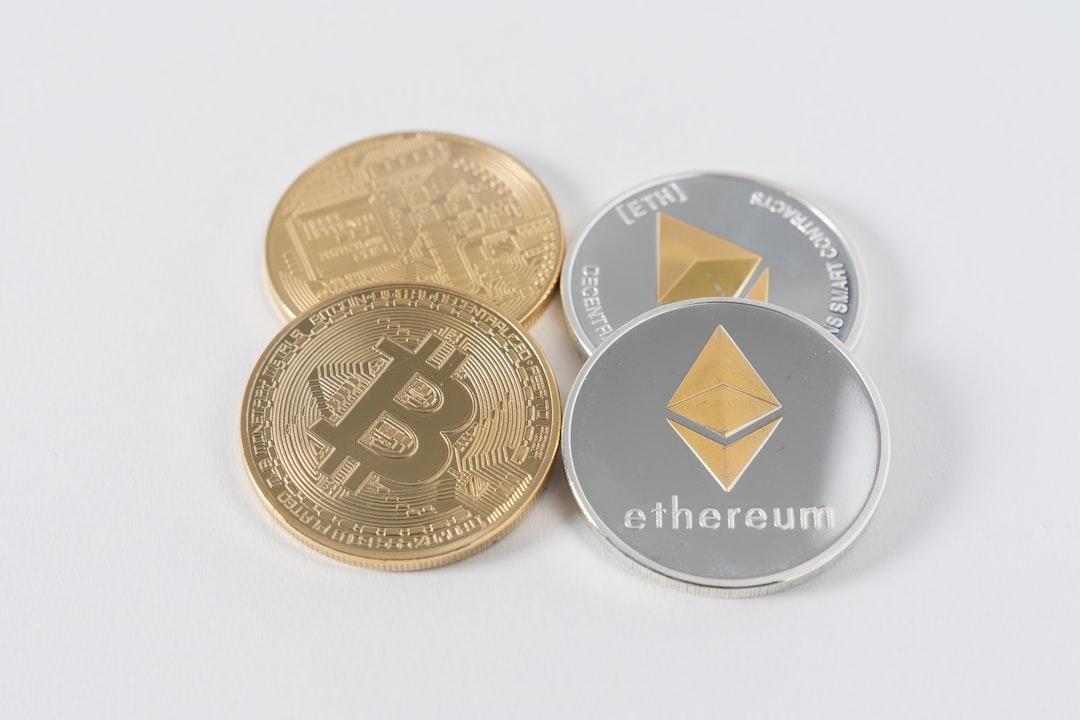A Philippine government agency focused on science and technology research and development is giving young people hands-on experience with cryptocurrencies, blockchain technology, and non-fungible tokens (NFTs).
The Department of Science and Technology-Advanced Science and Technology Institute (DOST-ASTI) of the Philippines conducted a tech forum on Sept. 20 to engage youngsters in exploring the potential of blockchain technology.
According to the agency, next-generation technologies, such as artificial intelligence, blockchain and cybersecurity, are reshaping public and private institutions’ operations.
Showcasing blockchain varied use cases
“This forum aimed to ignite young minds with the potential of blockchain, encouraging them to explore science, technology, and innovation as powerful tools to create a better and sustainable future,” the announcement explained.

Blockchain for Youth Innovators event in the Philippines. Source:
Facebook (via Archers Network)
Participating students were initially introduced to the basics of blockchain technology. DOST-ASTI senior science research specialist Roxanne S. Aviñante positioned blockchain as an emerging tech with high job demand.
Another DOST-ASTI specialist, Marc Jerome T. Tulali, explained NFTs and real-world use cases of blockchain, such as voting and immutable information storage.
He further revealed that the Philippines is developing a blockchain-based system for managing intellectual property called the Self-Sovereign Identity Empowerment: Reinventing Rights and Attributes (SIERRA).
The Philippines students also learned how blockchain is implemented in various other business verticals, including gaming and entertainment, healthcare, government and public sector, central bank digital currencies (CBDC), decentralized finance (DeFi), identity, and physical infrastructure.
Related:
Philippines SEC orders Apple and Google to remove Binance from app stores
In addition to preparing its youth for blockchain-driven tech disruption, the Philippines has started exploring stablecoins on a federal level.
Creating a national stablecoin
In May, the Philippines’ central bank, Bangko Sentral ng Pilipinas (BSP), announced the start of
controlled trials of a national stablecoin
pegged 1:1 to the local peso.

Source:
Coins.ph
The country partnered with Coins.ph to maintain cash reserves in pesos equivalent to the circulating supply of the PHPC stablecoin within the sandbox environment.
The sandbox testing is geared toward testing the real-world performance of the PHPC stablecoin and its impact on the local fiat ecosystem.
“Our goal is to ensure PHPC enhances digital asset trading and improves remittances — a sector where the Philippines is the world’s fourth largest in inflows,” Coins.ph CEO Wei Zhou told Cointelegraph in an interview.
Magazine:
What Solana’s critics get right… and what they get wrong
Trending
- DeFi Hacks Decrease by 40% in 2024, While CeFi Breaches Escalate to $694 Million: Hacken
- Aave Considers Integrating Chainlink to Reimburse Users for MEV Fees
- Italy imposes a $15M fine on OpenAI for violating data protection and privacy regulations.
- Quantum Computing Will Strengthen Bitcoin Signatures: Adam Back
- Bitcoin’s social sentiment reaches annual low, indicating an imminent BTC breakout.
- Spacecoin XYZ successfully deploys inaugural satellite within outer space blockchain network
- French Regulator Approves Cryptocurrency Operations for BPCE Subsidiary
- Investor Lawsuit Initiated Against Creators and Partners of Hawk Tuah Memecoin


